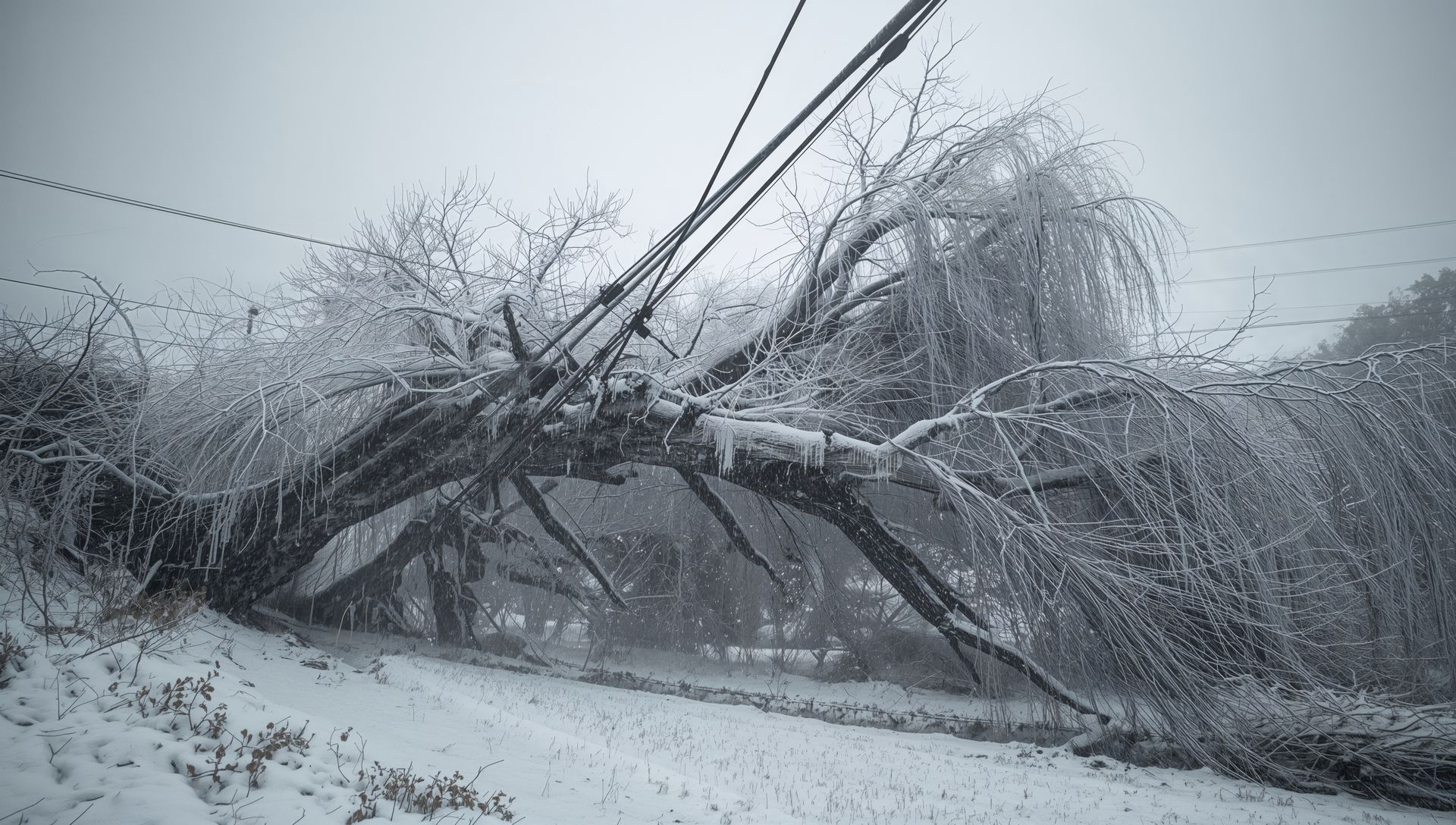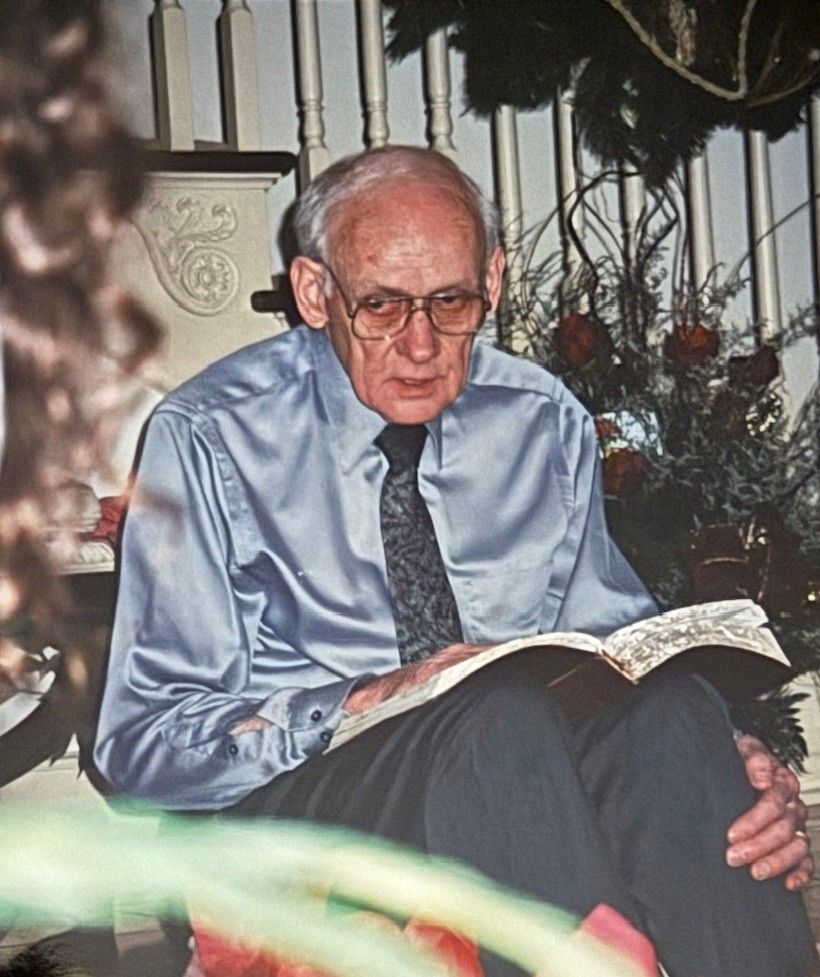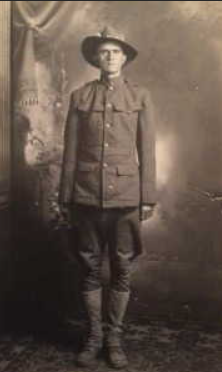But . . . I Have This Paper . . .

Ok, people. Listen up. Today we’re going to have a class on death-related documents. Notice: If your family is sane and functional and everyone gets along then you probably can spend the next few minutes doing something besides reading this. However, if there is even the remotest possibility that at some point in the future you may be unwillingly and/or unknowingly dragged into someone else’ s pre- and post-death drama—or you just want to know something a lot of other people don’t—you may want to continue. Notice again: The following information is Tennessee specific.
There are a few documents that everyone should have if there is any question whatsoever as to who gets to be in charge of what when . . . and sometimes even if there’s no question at all. Those documents are a Durable Power of Attorney, a Durable Power of Attorney for Healthcare, and a Living Will. Please note, all three of these documents serve very different purposes and one will never substitute for another. Unfortunately, most of the general public has very little understanding as to what they’ll need in order to legally care for someone else’s financial matters and after death wishes. Visiting an attorney is helpful, but if the client doesn’t fully and adequately express their desired results, the attorney may focus on helping them with Life matters. Death matters may be overlooked unless you’re drafting a will. And even a will won’t get you very far in making funeral arrangements. The administrator of your estate is number 9 on a list of 12 concerning who has the right to “dispose of your remains” . . . meaning there can be a whole slew of people ahead of them.
Let’s take a look at these documents and see just exactly why they’re so important—and we’ll start with the Durable Power of Attorney. For sake of citation, the law regarding this important document can be found in the Tennessee Code Annotated 34-6-101 and following. Basically, this Power of Attorney (POA for short) allows someone else to conduct business on your behalf. They can buy and sell your property. They can write checks on your bank accounts and enter into business dealings on your behalf. They can prearrange and pre-pay for your funeral. Kindly note the “pre” part of that power.
There is a whole list of actions your POA can take or perform on your behalf—23 are listed in the code and within each of those 23 are several associated actions. But there are also several things they can’t do, most of which could harm the person for whom they are acting, usually in a financial sense . . . and even though a POA possesses great powers, those powers must always be used for good . . . as in the best interests of the person who granted them.
Now, if you have life insurance, pay very close attention to this paragraph. According to Tennessee law, your POA cannot change the beneficiaries on your life insurance. And that’s a good thing, right? Maybe. But if your beneficiary has died and you never named a new one and now you’re no longer mentally competent, guess what? Somebody’s gonna have a convoluted mess on their hands when you die. We’ll have a class on that at a later date. But in the meantime, you might wanna check the beneficiaries on your life insurance and/or retirement accounts.
Now, guess what else? Once that person dies this document is worthless . The POA under a Durable Power of Attorney loses all powers the moment Death claims the person for whom they are acting. So guess what? Again? Just because you’re the POA in life doesn’t mean you get to make their funeral arrangements in death. That’s where the Power of Attorney for Healthcare comes in . . .
The POA for Healthcare, which is covered in Tennessee Code Annotated 34-6-201 and following, literally grants someone the power of life and death over an individual because it allows them to legally act as their healthcare agent—in other words, the person responsible for making their healthcare decisions. This is why a Living Will is so important. That document allows you to express your wishes regarding the artificial prolonging of life, as well as stating whether or not you would like to be an organ donor. If you haven’t completed a Living Will then your POA for Healthcare has full say over what medical treatments you do and do not receive. It’s a powerful position to occupy, which is why the document is required to include a dire warning addressed to the person for whom it is drawn.
But this is also a magical document. Unlike the Durable Power of Attorney, which dies when you do, the Power of Attorney for Healthcare has three limited areas where it is still in effect after death occurs. The POA for Healthcare can authorize an autopsy, agree to organ donation— and arrange for the disposition of the person’s body. In other words, they can make your funeral arrangements, but unless you’ve provided some means of funding, your POA for Healthcare will have no way to cover the bill. Remember? If they also served as your Durable Power of Attorney, their access to your money died when you did. Unless, of course, they’re a joint owner of your checking account. And that’s a whole ‘nother discussion.
Now, why would I bore you with all this legalese? Because lately we’ve had a multitude of people present us with paperwork they believe allows them to function in areas they cannot. And we get to be the ones to tell them . . . after it’s too late to do anything about it. It doesn’t matter if you’re the administrator of the estate if there’s a spouse that hasn’t been seen in 20 years. In Tennessee, that spouse still exists and is still the legal next of kin. It doesn’t matter if you’re the person who’ll be footing the funeral bill. The only one who gets to consider that is a judge if the matter lands in court because the majority of the next of kin can’t agree.
Fortunately, most families will never need these documents—with the possible exception of a Living Will—but if, as implied in the first paragraph, your family is dysfunctional or, sadly, doesn’t even exist because you’ve outlived everyone, then you’re going to need all three . . . and someone you trust who will accept the responsibilities they carry.
Class dismissed. For now.
About the author: Lisa Shackelford Thomas is a fourth generation member of a family that’s been in funeral service since 1926. She has been employed at Shackelford Funeral Directors in Savannah, Tennessee for over 40 years and currently serves as the manager there. Any opinions expressed here are hers and hers alone, and may or may not reflect the opinions of other Shackelford family members or staff.
The post But . . . I Have This Paper . . . appeared first on Shackelford Funeral Directors | Blog.












